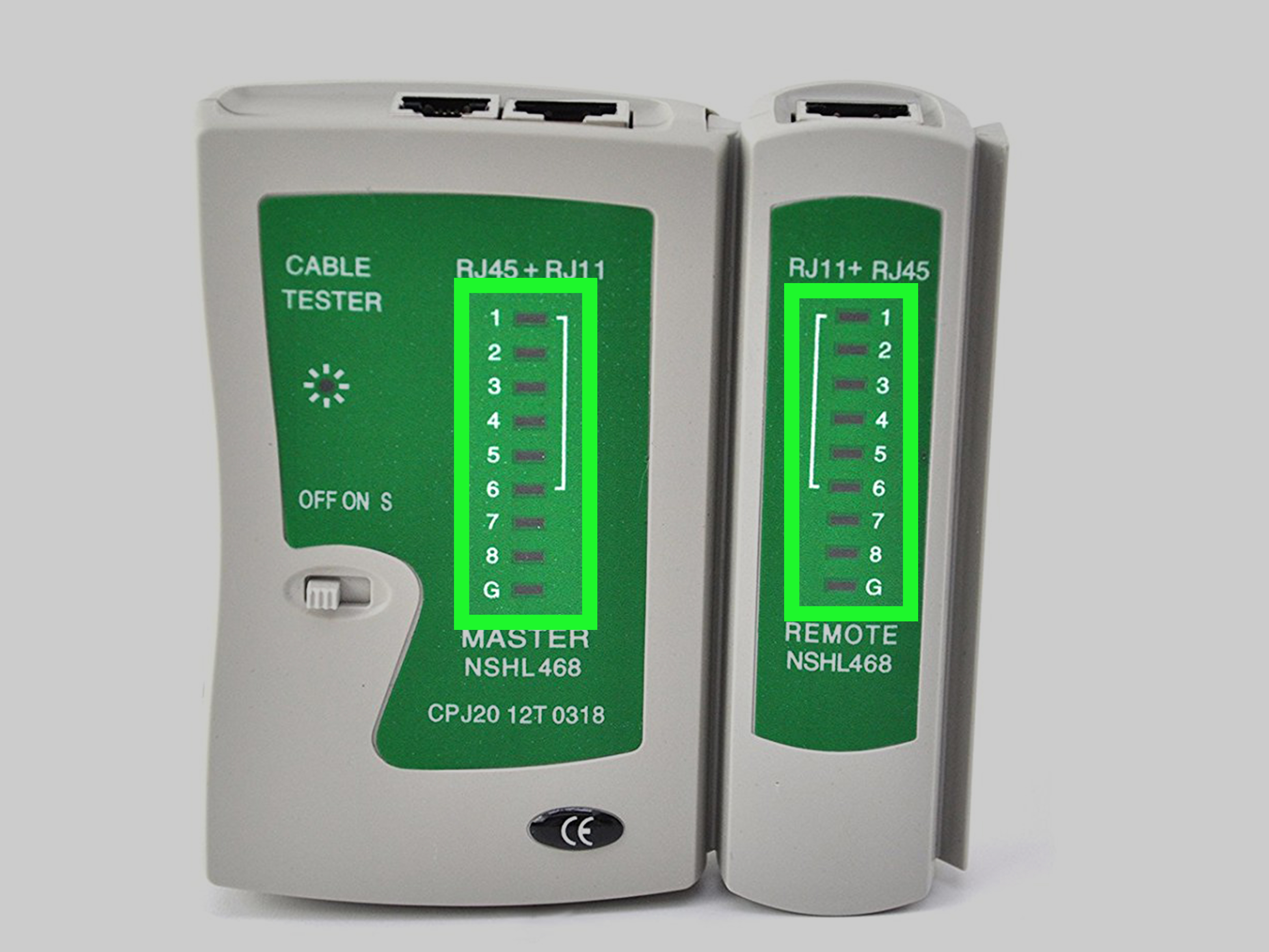- cross-posted to:
- [email protected]
- cross-posted to:
- [email protected]
cross-posted from: https://discuss.tchncs.de/post/22828099
USB was supposed to rule them all but it’s now a mess of standards sharing the same connector. Different speeds, voltage, charging protocols, alt modes, even the number of pins used is variable… For those asking, the thing is available on Kickstarter
Fuck Kickstarter.
Why?
90% of the projects are scams and have been for years.
If only USB-IF would do their fucking job and create actual standardized names with standard features instead of shit like USB 3.2 Gen 2x2
like USB 3.2 Gen 2x2
Did you see that the newest version is called USB 4 2.0? lol
I’d pay $30-40 for one, but the asking price now is too much.
Media doesn’t load here (both through my instance’s web front, as well as through discuss.tchncs.de’s web front)Edit: never mind, I got it to load now, maybe it was a temporary lag. It remembers me these Ethernet testers (in such a way that it’s capable of testing individual pins for electrical continuity), but digital and with more features:

I have that model… so weird.
That U is becoming more and more a joke…
It’s very universal, you can plug it into any port that is USB C, whether it does what you ask it to or not is a whole other story.
I want this device, can’t expect every cable to be thunderbolt grade.
A Chinese projector light uses the same port for charging, can’t expect a thicc cable there
The most expensive Thunderbolt 3 USB-C cables let you get lengths of 2 meters + at 40 Gbps but only hit USB 2.0 480 Mbps speeds if used as a regular USB C cable.
but where is the diy version that we actually want that uses arduino or esp or something with all the details on a git readme?
Yeah, no. They’re trying to sell them for 89$
I guess it’s neat that it’s kinda like whatever this guy is called https://www.amazon.com/gp/product/B0CF95VL2Y plus the power-z tester built into one. I wonder if the power-z could be updated via software to do cable pinout testing.
What I’d really like to see is a device that actually tries to send 40gbits of data down the cable and makes sure it comes through clearly and provides a signal integrity reading. The only devices I’ve seen that do that are essentially just oscilloscopes and signal generators.
There are different types of type C??? I still don’t know if a USB micro or mini is the one that charges my PS4 controller or which one transfers data from my 20 year old digital camera.
Mini for PS3 controllers, micro for PS4 and most android phones that were made prior to about 4 or 5 years ago.
I still don’t know if a USB micro or mini is the one that charges my PS4 controller
It’s Micro-B, to be specific.
Yeah, the whole experience of going from lightning cables and mini display port and such has been less than overwhelming. I eventually had to buy a USB C from the Apple Store to get one that actually did 100W power instead of just lying about it on the box.
Even then, Apple USB-C charging cables only hit USB 2.0 480 Mbps speeds.
Even at early bird pricing (39,-€) I’d rather get a cable that has the specs I need.
This seems to do a little bit more than simply list the specs (show shorted pins and whatnot), but it doesn’t do any kind of load testing (tests like does sending 240 watts over the wire somehow interfere with the data transfer).
Most of the cables that I have lying around are USB 2.0 100 watts PD, as that’s what most devices come with that have a cable in the box. For other cables I know what they’re capable of because I read the spec sheet before purchasing them.
This might be useful to shops who sell refurbished phones that want to quickly check whether used USB-C cables are still good, but I don’t see why anyone would want this for personal use.
I’d rather get a cable that has the specs I need.
Well, duh, this would be more useful for those cables laying around your house that you’ve forgotten or never known the specs of.
Why the heck does the “cross-posted from” link direct me to BDSM content on Jerboa? 😲
I’m also using jerboa and got no issues
Works fine on browser - seems like a Jerboa issue
Also works fine on Boost, links to a post on [email protected]
Maybe you should open an issue about it?
AI?










